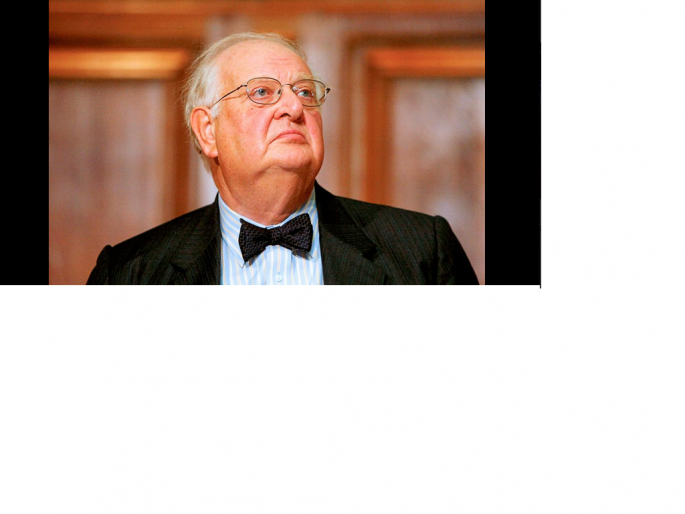Angus Deaton, a British and American microeconomist was awarded the Nobel Memorial Prize in Economic Sciences for his analysis of consumption, poverty, and welfare in 2015.
The 69-year old Scottish-American professor of economics at Princeton University is best known for his work on health, wellbeing, and economic development.
"Mr. Deaton's work has helped transform the fields of microeconomics, macroeconomics & development economics," The Nobel Committee in a statement.
Deaton's first work to become broadly known was the Almost Ideal Demand System (AIDS), which he developed with John Muellbauer and published in AER in 1980.
Eminent microeconomist's book "The Great Escape: Health, Wealth And The Origins Of Inequality," states that a more refined analysis of economic data shows that while most people in the world have gained in terms of health and wellbeing from GDP growth, there are many groups that have missed out, Reuters reported.
This global view is reflected in his latest research, which he says "focuses on the determinants of health in rich and poor countries, as well as on the measurement of poverty in India and around the world".
Deaton formulated the Deaton Paradox based on the observation of excess smoothness of consumption in the face of unanticipated permanent income shocks.
In addition to analysis of household behavior at the microeconomic level, Deaton's research areas include the measurement of global poverty, health economics, and economic development.
Deaton's other books include "Economics And Consumer Behavior," "The Great Indian Poverty Debate," "The Analysis Of Household Surveys: A Microeconometric Approach To Development Policy" and "Understanding Consumption." For a while now he's written a biannual "Letter From America" for the Royal Economic Society.
In 1978, Deaton became the first recipient of the Frisch Medal, an award given by the Econometric Society every two years to an applied paper published within the past 5 years in Econometrica.
Deaton is a Fellow of the Econometric Society, a Corresponding Fellow of the British Academy, and a Fellow of the American Academy of Arts and Sciences. He holds honorary degrees from the University of Rome, Tor Vergata, University College London, and the University of St. Andrews. In 2007, he was elected President of the American Economic Association.
The 69-year old economist also won the 2011 BBVA Foundation Frontiers of Knowledge Award of Economics, Finance and Management for his fundamental contributions to the theory of consumption and savings, and the measurement of economic wellbeing.
Deaton has also developed the benchmark methodology for measuring poverty. Deaton, who holds both US and British citizenship, became the 47th recipient of the award which is officially known as the Sveriges Riksbank Prize in memory of Alfred Nobel and has been awarded every year since 1969.



























